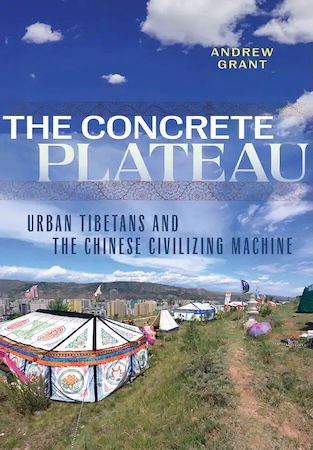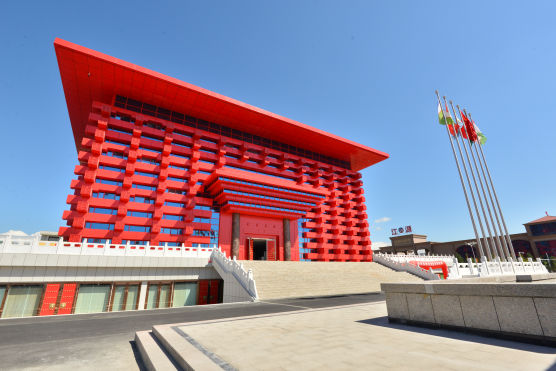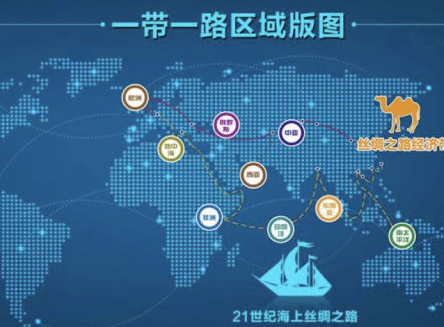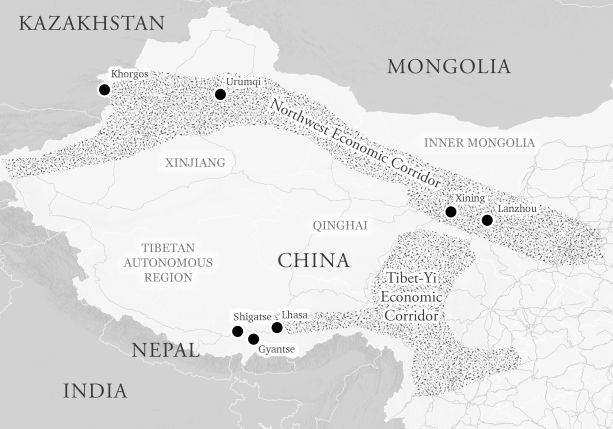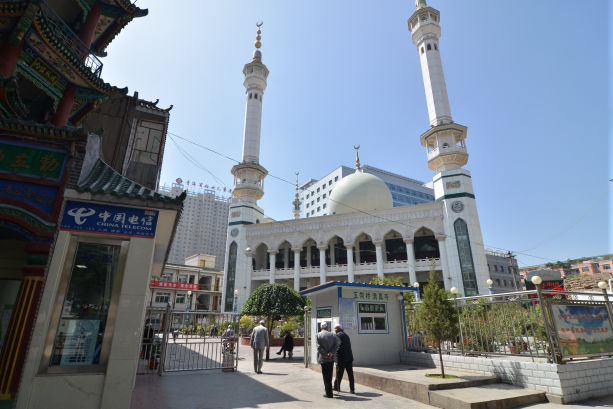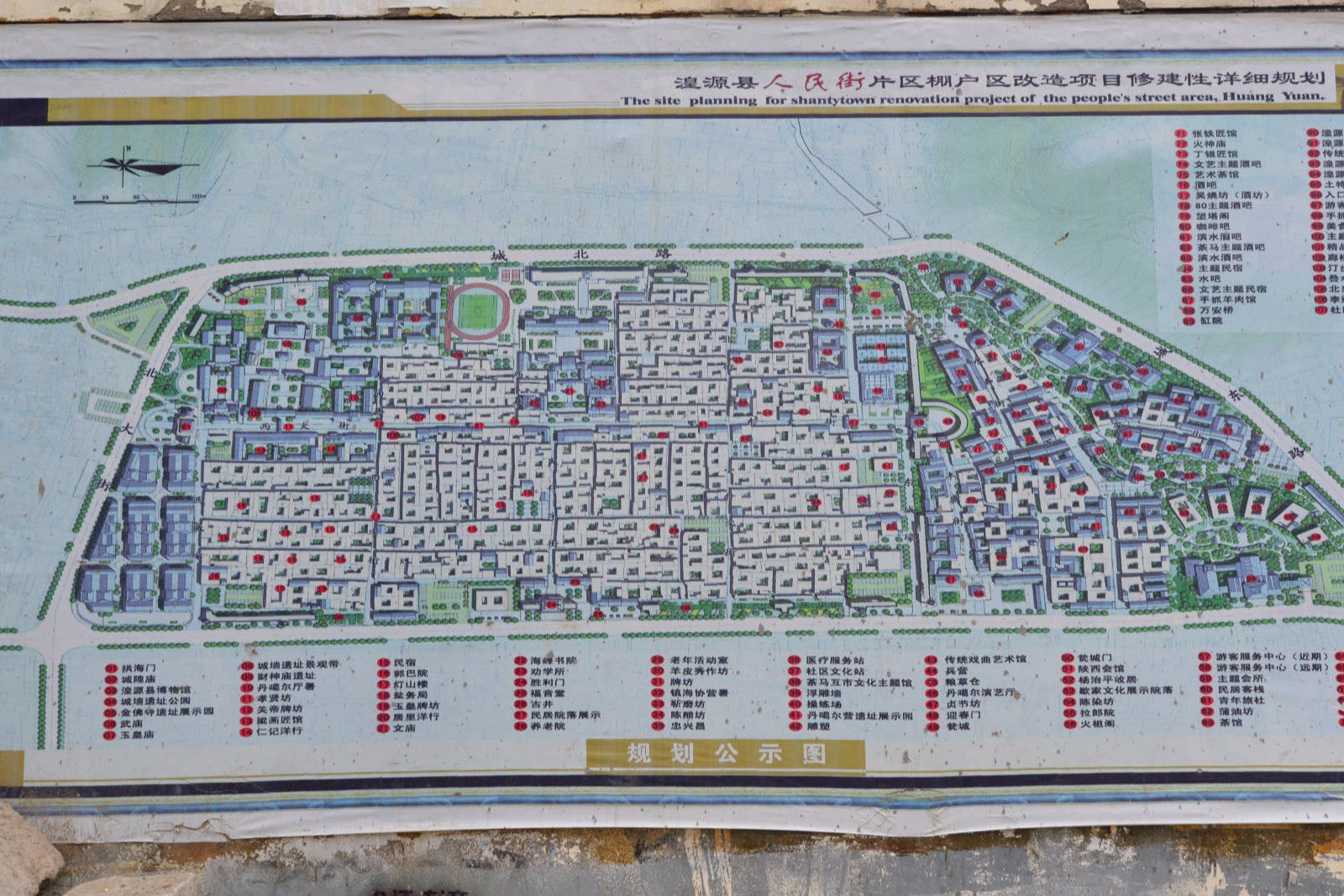
Andrew Grant, PhD
Geographer, Educator, and Social Scientist
Welcome to my website. I am Andrew Grant, a human geographer whose research focuses on political geographies of development and humanistic social science. I am currently Assistant Professor of Geography at the University of Tampa. I hold a PhD in geography from UCLA and have taught at UCLA, University of Colorado, and Boston College.
My research and teaching emphasize how development – of cities, border sites, and energies – affects people and landscapes in global margins, often as a result of larger geopolitical shifts. My studies include the urban geopolitics of rural-to-urban migration amid state-led urbanization drives on the Tibetan Plateau, complications between soft power and security at China’s Inner Asian borders, and the geopolitics of China’s Belt and Road Initiative cartography. My research is grounded in qualitative methods including ethnography, interviews, and textual analysis.
Please look around and explore my current and future research plans, publications, teaching experience, and CV.
